2002 Chevrolet Astro Brake Rotors and Pads
Click here to search another vehicle
All Rotors:
OEM x
Coated x
Drilled, Slotted and Coated x
Front x
Rear x
All Pads:
Ceramic x
Semi-metallic x
Front x
Rear x
Found 8 record
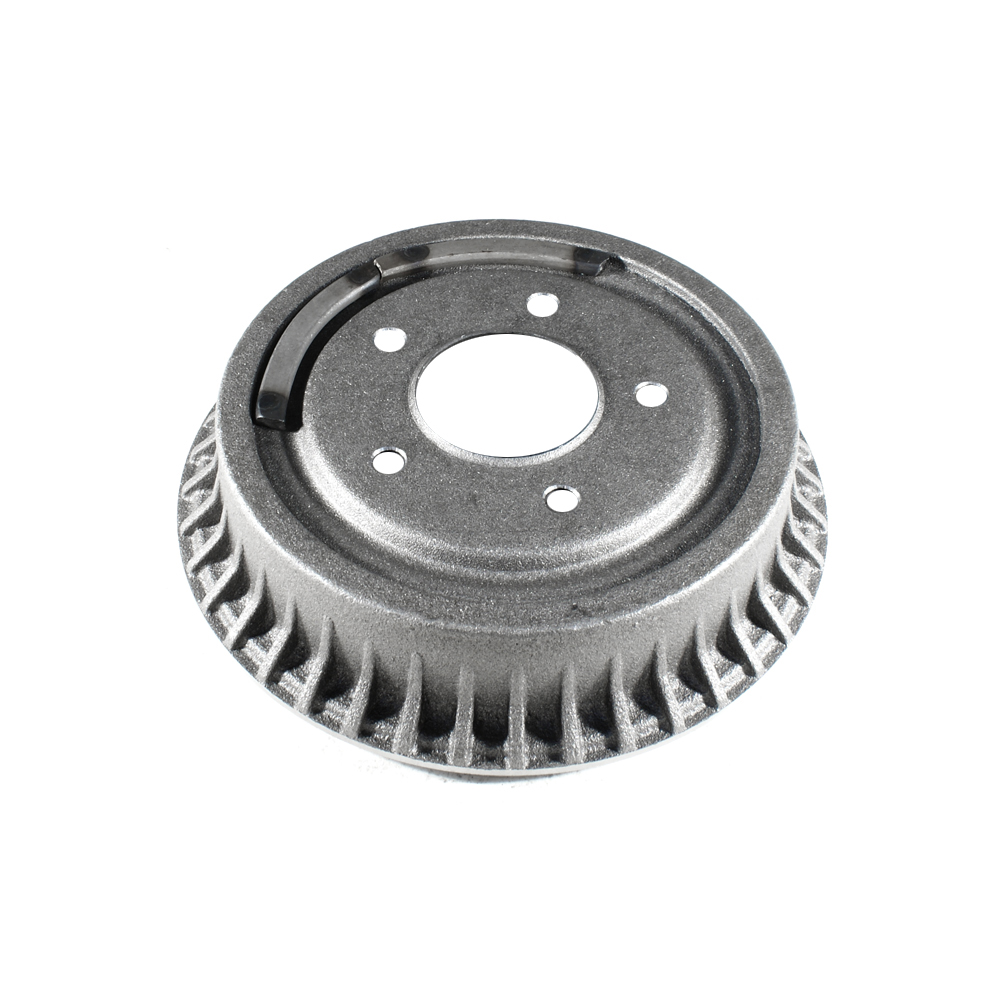
Part No: BD8949
Raybestos: 2034
OE: 15679733
Raybestos: 2034
OE: 15679733
$46.64 each
Per Car QTY: 2
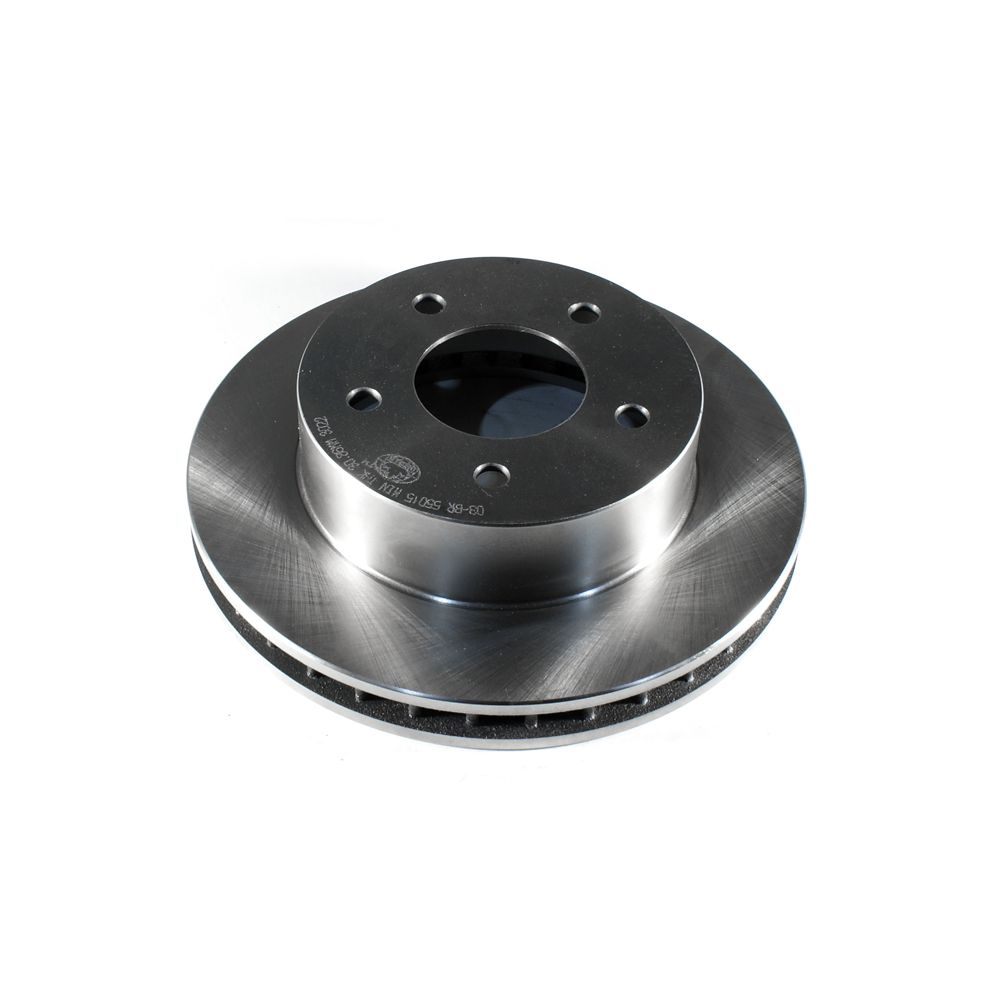
Part No: BR55015
Raybestos: 56132 / 580442
OE: 15679711
Raybestos: 56132 / 580442
OE: 15679711
$46.66 each
Per Car QTY: 2
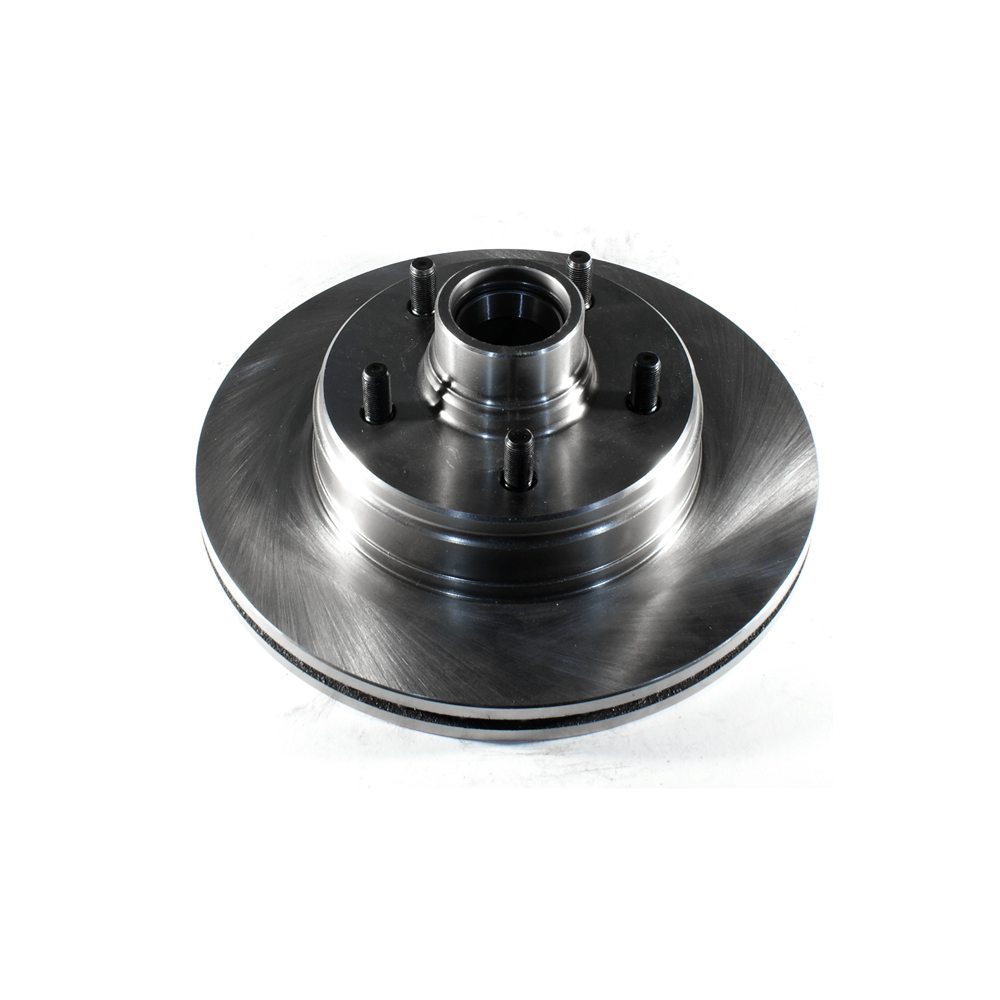
Part No: BR5578
Raybestos: 56152
OE: 18060220
Raybestos: 56152
OE: 18060220
$62.89 each
Per Car QTY: 2
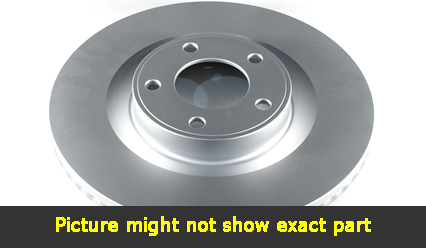
Part No: PP5578
Raybestos: 56152
OE: 18060220
Raybestos: 56152
OE: 18060220
$89.26 each
Per Car QTY: 2
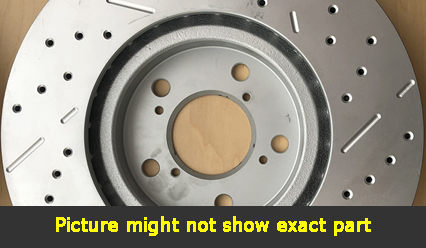
Part No: SP5578L
Raybestos: 56152
OE: 18060220
Raybestos: 56152
OE: 18060220
$125.71 each
Per Car QTY: 1
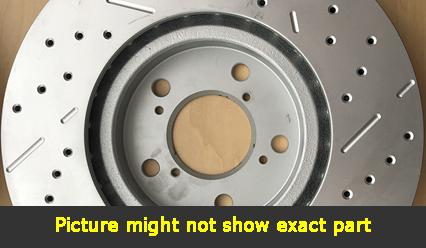
Part No: SP5578R
Raybestos: 56152
OE: 18060220
Raybestos: 56152
OE: 18060220
$125.71 each
Per Car QTY: 1
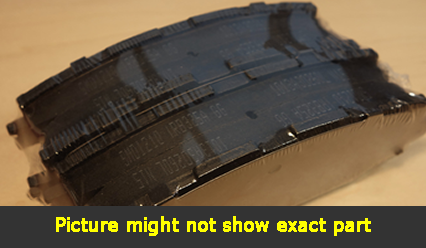
Part No: SMD369
Raybestos:
OE:
Raybestos:
OE:
$22.81 each
Per Car QTY: 1
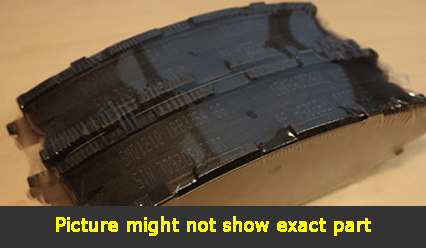
Part No: SMD52
Raybestos:
OE:
Raybestos:
OE:
$25.15 each
Per Car QTY: 1
The Importance of Brakes for 2002 Chevrolet Astro: Ensuring Safety and Optimal Performance
When it comes to vehicle safety, few components are as crucial as the brakes. Specifically, for a 2002 Chevrolet Astro, a reliable braking system is paramount to ensure the safety of both passengers and other drivers on the road. Understanding the importance of brakes and maintaining them properly is vital for optimal performance and reduced risk of accidents.
The braking system of the 2002 Chevrolet Astro consists of various components that work together seamlessly to bring the vehicle to a safe stop. These components include the brake pads, rotors, calipers, brake lines, and the master cylinder. Neglecting any of these elements can lead to decreased braking efficiency, impaired handling, and potentially dangerous situations.
One of the primary concerns with brake systems is the deterioration of brake pads. The brake pads are designed to apply friction against the rotors, creating the necessary stopping power. Over time, the brake pads wear down due to heat and friction and need to be replaced. Worn-out brake pads can result in longer stopping distances and compromised safety, especially in emergency situations.
Regular brake inspections are recommended to ensure optimal performance, as well as to identify any potential issues before they escalate. Brake inspections should be conducted by certified technicians who possess knowledge and expertise in maintaining the braking system of a 2002 Chevrolet Astro or any other vehicle. These professionals can assess the condition of the brake pads, evaluate the thickness of the rotors, and check for any leaks in the brake lines or calipers.
While regular inspections are essential, drivers should also pay attention to warning signs that their braking system may require immediate attention. Unusual noises, such as squeaking or grinding, when applying the brakes could indicate the need for new brake pads or even damaged rotors. Additionally, if the brake pedal feels spongy or requires more force to engage, it might signify air in the brake lines or a problem with the master cylinder.
Furthermore, the braking system is inherently susceptible to wear and tear due to its constant use. Therefore, it is recommended to replace brake pads every 30,000 to 70,000 miles, depending on driving habits and conditions. Regularly checking the thickness of the rotors and replacing them if they fall below the minimum requirement is also essential for brake performance and longevity.
In conclusion, the brakes of a 2002 Chevrolet Astro play a vital role in vehicle safety. Ensuring that the braking system is properly maintained, inspected, and replaced when necessary is of utmost importance. Regular inspections carried out by knowledgeable technicians, along with attentiveness to warning signs, can prevent potential accidents and maintain optimal braking performance. By prioritizing brake care and maintenance, drivers can confidently navigate the roads, knowing that their vehicle is equipped to bring them to a safe stop whenever needed.
When it comes to vehicle safety, few components are as crucial as the brakes. Specifically, for a 2002 Chevrolet Astro, a reliable braking system is paramount to ensure the safety of both passengers and other drivers on the road. Understanding the importance of brakes and maintaining them properly is vital for optimal performance and reduced risk of accidents.
The braking system of the 2002 Chevrolet Astro consists of various components that work together seamlessly to bring the vehicle to a safe stop. These components include the brake pads, rotors, calipers, brake lines, and the master cylinder. Neglecting any of these elements can lead to decreased braking efficiency, impaired handling, and potentially dangerous situations.
One of the primary concerns with brake systems is the deterioration of brake pads. The brake pads are designed to apply friction against the rotors, creating the necessary stopping power. Over time, the brake pads wear down due to heat and friction and need to be replaced. Worn-out brake pads can result in longer stopping distances and compromised safety, especially in emergency situations.
Regular brake inspections are recommended to ensure optimal performance, as well as to identify any potential issues before they escalate. Brake inspections should be conducted by certified technicians who possess knowledge and expertise in maintaining the braking system of a 2002 Chevrolet Astro or any other vehicle. These professionals can assess the condition of the brake pads, evaluate the thickness of the rotors, and check for any leaks in the brake lines or calipers.
While regular inspections are essential, drivers should also pay attention to warning signs that their braking system may require immediate attention. Unusual noises, such as squeaking or grinding, when applying the brakes could indicate the need for new brake pads or even damaged rotors. Additionally, if the brake pedal feels spongy or requires more force to engage, it might signify air in the brake lines or a problem with the master cylinder.
Furthermore, the braking system is inherently susceptible to wear and tear due to its constant use. Therefore, it is recommended to replace brake pads every 30,000 to 70,000 miles, depending on driving habits and conditions. Regularly checking the thickness of the rotors and replacing them if they fall below the minimum requirement is also essential for brake performance and longevity.
In conclusion, the brakes of a 2002 Chevrolet Astro play a vital role in vehicle safety. Ensuring that the braking system is properly maintained, inspected, and replaced when necessary is of utmost importance. Regular inspections carried out by knowledgeable technicians, along with attentiveness to warning signs, can prevent potential accidents and maintain optimal braking performance. By prioritizing brake care and maintenance, drivers can confidently navigate the roads, knowing that their vehicle is equipped to bring them to a safe stop whenever needed.


